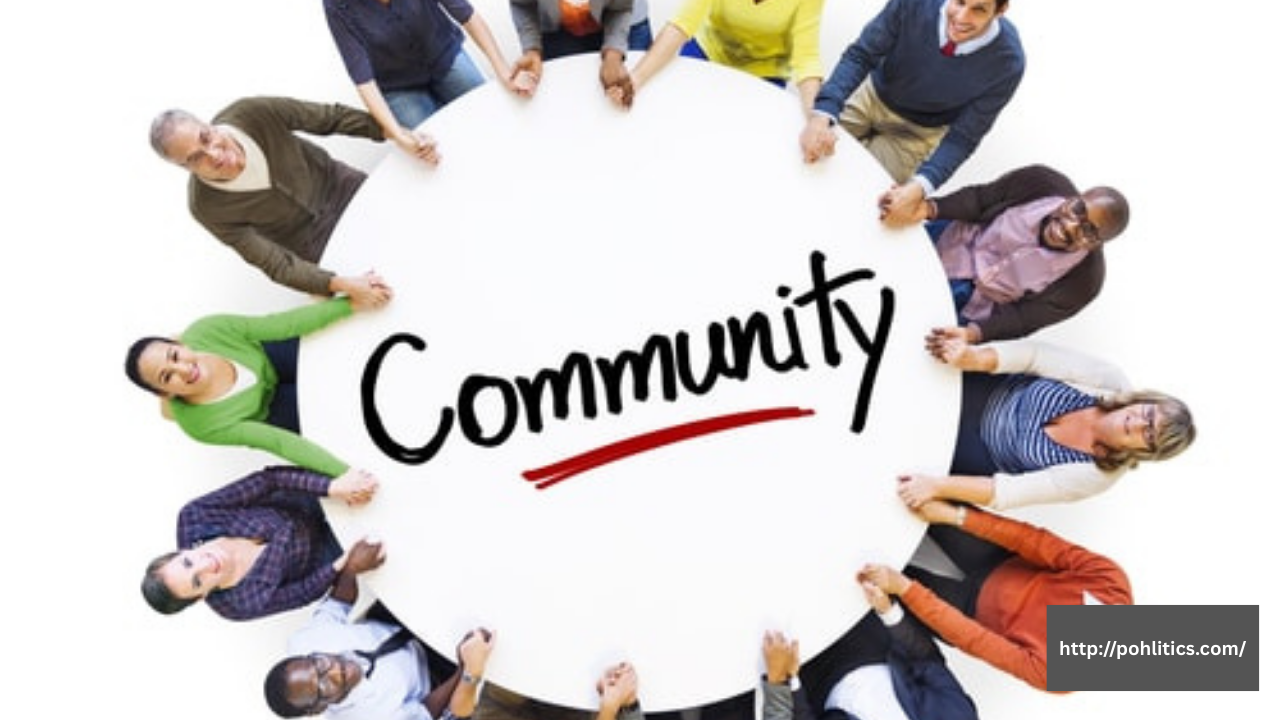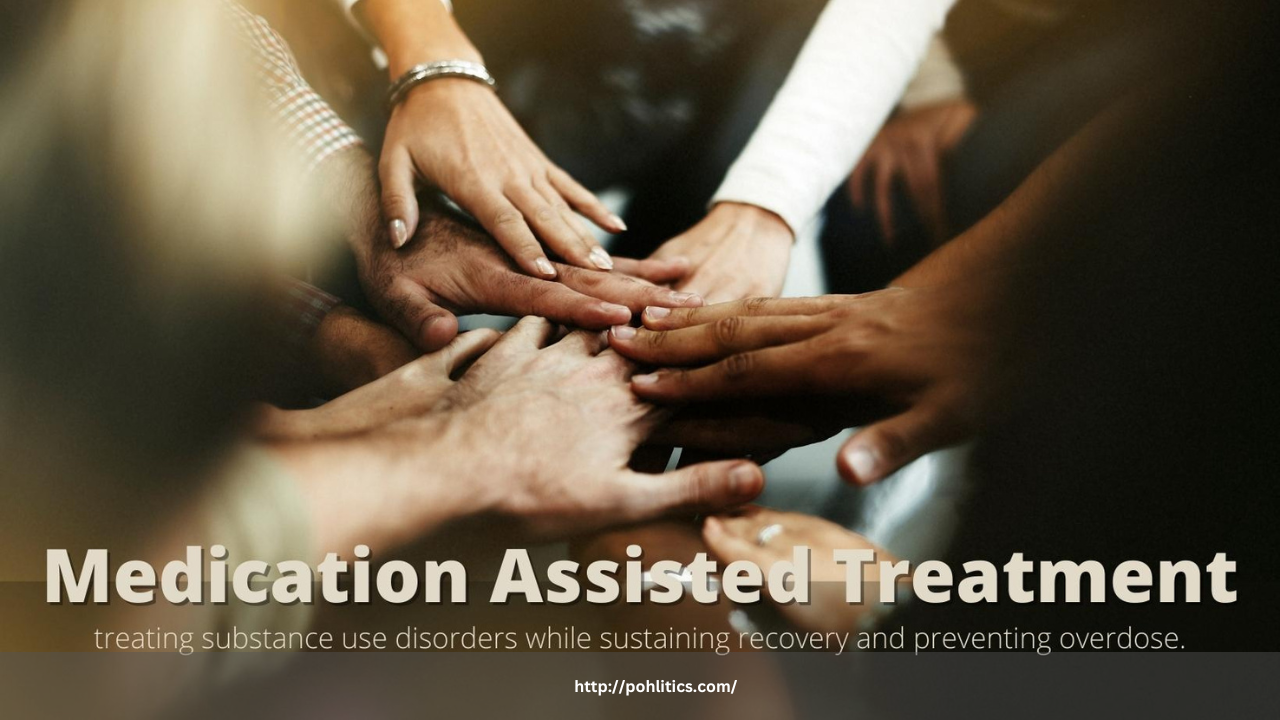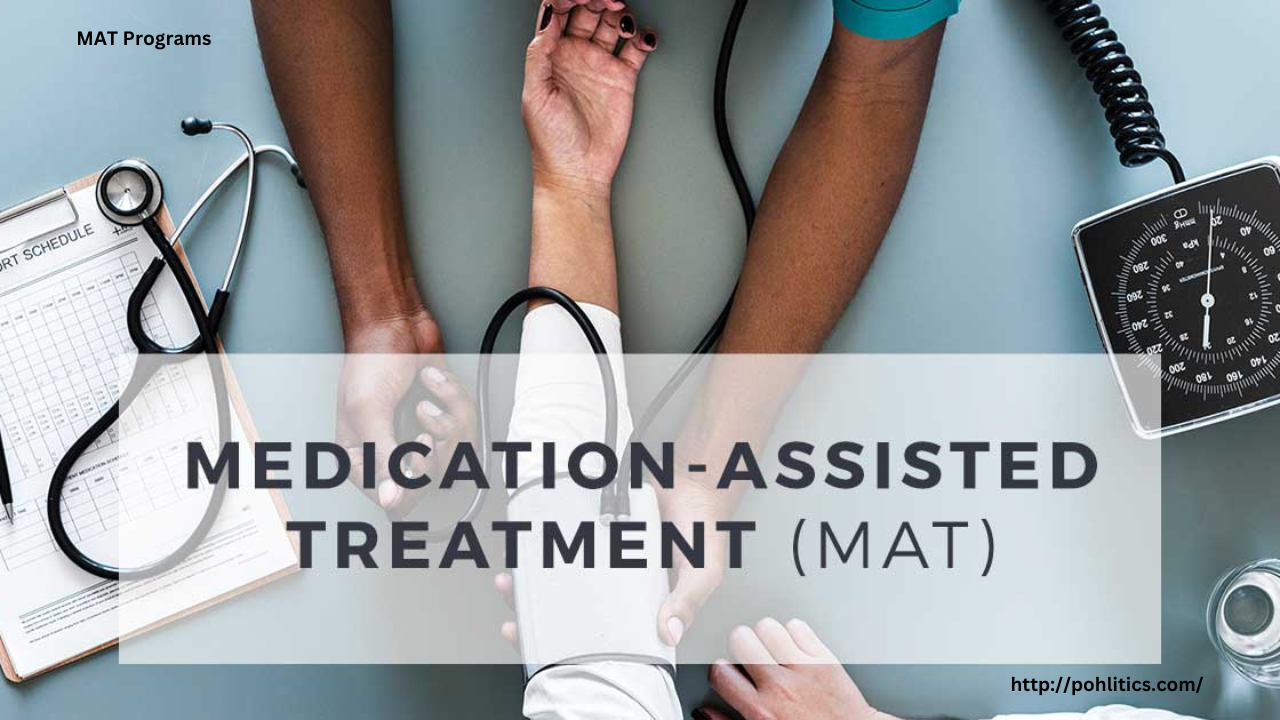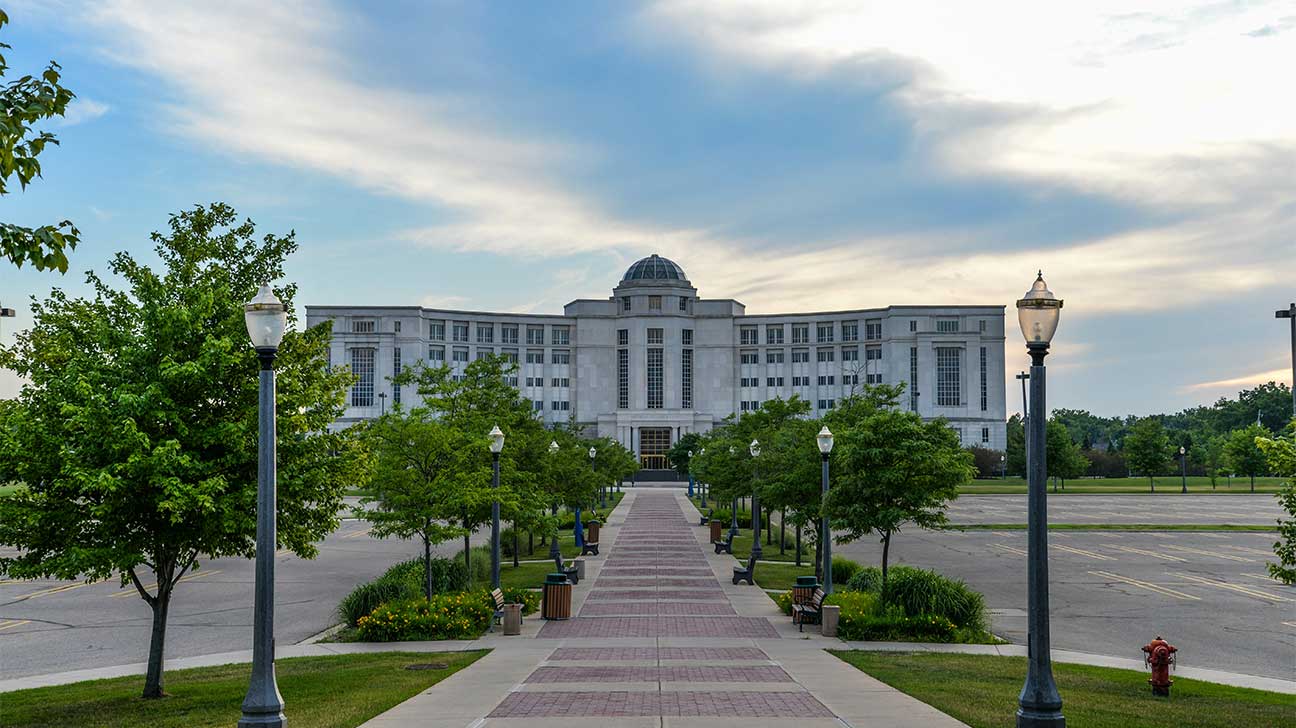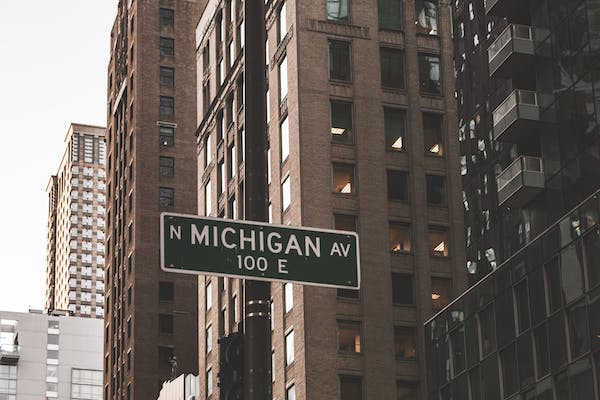Veterans often face unique challenges that can make them more vulnerable to substance use disorders. The transition from military to civilian life, exposure to traumatic experiences, and co-occurring mental health conditions like PTSD can all contribute to addiction. Fortunately, Michigan offers a range of specialized resources and support services designed to help veterans recover and thrive.
Understanding the Need for Specialized Care
Veterans require tailored addiction recovery programs that address their distinct experiences, including:
- Trauma and PTSD-related issues.
- Chronic pain management.
- Mental health disorders such as depression and anxiety.
- Difficulty adjusting to civilian life.
Programs specifically for veterans are staffed by professionals trained in military culture and trauma-informed care, ensuring more effective treatment and support.
Michigan-Based Resources for Veterans in Recovery
1. Veterans Affairs (VA) Medical Centers
Michigan is home to several VA Medical Centers that offer comprehensive addiction recovery services, including:
- John D. Dingell VA Medical Center (Detroit)
- Battle Creek VA Medical Center
- Aleda E. Lutz VA Medical Center (Saginaw)
These centers provide inpatient and outpatient treatment, medication-assisted treatment (MAT), mental health counseling, and specialized PTSD programs.
2. Michigan Veterans Affairs Agency (MVAA)
The MVAA connects veterans with addiction recovery resources across the state. They help with benefits navigation, healthcare access, and finding local treatment centers suited for veterans.
3. Vet Centers
Vet Centers offer free, confidential counseling for veterans and their families. Services include:
- Individual and group therapy.
- Substance use counseling.
- PTSD support groups.
Locations include Detroit, Grand Rapids, Escanaba, and other Michigan cities.
4. Volunteers of America Michigan (VOAMI)
VOAMI provides specialized recovery housing and treatment services for veterans dealing with homelessness and addiction. Their programs focus on rebuilding lives through counseling, job training, and case management.
5. Peer Support Programs
Veteran peer support programs connect those in recovery with fellow veterans who have successfully navigated addiction. Organizations like Buddy-to-Buddy and Team Red, White & Blue offer peer mentoring, social activities, and emotional support.
Steps to Access Addiction Recovery Services
Step 1: Contact the VA or MVAA
Veterans can start by contacting their nearest VA Medical Center or the MVAA to determine eligibility and available services.
Step 2: Assessment and Intake
An initial assessment helps determine the appropriate level of care, whether inpatient detox, outpatient therapy, or MAT.
Step 3: Develop a Personalized Recovery Plan
Treatment teams work with veterans to create individualized recovery plans that may include therapy, medications, and support groups.
Step 4: Ongoing Support and Aftercare
Successful recovery often involves ongoing support, including:
- Participation in veteran-focused recovery groups.
- Continued mental health counseling.
- Peer mentorship and community reintegration programs.
Conclusion
Veterans in Michigan have access to a wide range of specialized addiction recovery resources and support services. Whether through the VA, MVAA, peer programs, or local community organizations, help is available. If you or a veteran you know is struggling with addiction, reaching out to these Michigan-based services can be the first step toward lasting recovery and renewed hope.

